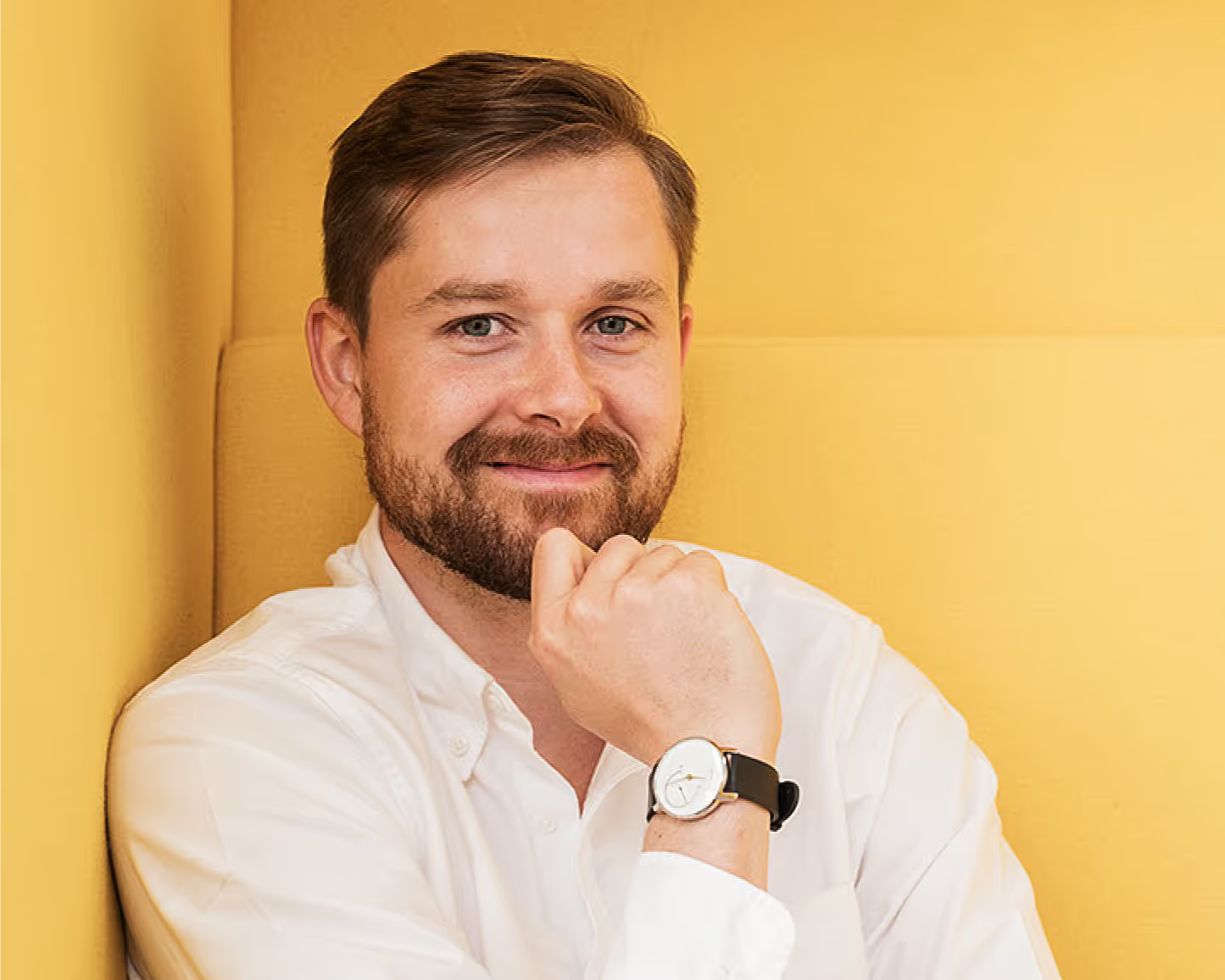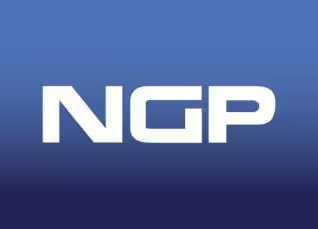Listen now
Walter grew up in an entrepreneurial family with three siblings near Helsinki. He has lived in both Boston and Berlin and spends most of his time on the road actively looking for the best companies in Europe and Israel. I caught him at the StartUp centre in Helsinki on a sunny afternoon to learn more about his background and his early days in the venture business.
You are both an engineer and an economist by training, what motivated you to study those subjects?
WM: I guess it came from having a mindset tilted towards the natural sciences. I always found physics fascinating because it explains how things work, providing a way to describe things in a precise and analytical manner. This was a way of understanding how the world works, it just felt good. However, while working as a summer researcher focusing on low temperature physics, it quickly became clear that a career in the academic field was not for me.
Through my engineering studies I had been exposed to a number of other interesting subjects, including economics. Being used to working with numbers and analytical concepts, it was captivating to get a deeper understanding of the drivers behind economic growth. So I ended up doing another degree, which, in turn, led to my studies at Harvard.
Can you tell me more about your time at Harvard?
WM: It was eye-opening to see how creative, driven and entrepreneurial people were, it was a new culture to me. The attitude towards risk-taking in the US was very different from what I had grown up with in the Nordics. During the first week on campus, I remember being invited to a closed platform called Facebook; you had to have a university e-mail address to be able to sign up at the time. Signing up and understanding how profoundly this product could change how people interact just blew me away. Inspired by these experiences, I joined a social networking startup and returned to Europe to build the user base in the Nordics. Unfortunately, that venture did not work out but:
"The thrill of building and expanding a company was an important experience for me, and it got me hooked on the tech sector."
How did you end up in the VC business?
WM: After the entrepreneurial experience, I knew I wanted to be in tech, so I joined Nokia in 2007. I got the chance to move around in different businesses and functions within a large multinational technology company, including their M&A team, which was doing significant transactions in the tech space at the time. Eventually my path crossed with NGP; I was privileged to be offered an opportunity to join NGP in 2010. Back then, it was early days and we invested out of Fund II, a $250M fund. We were a small, focused team of six investors. It was the steepest learning curve ever…but I felt at home.
What drives you in your work?
WM: The ability to have an impact. Venture capital is a wonderful industry where you get to work with incredible people that are changing the world. For me, it’s not about being in the spotlight, it’s about having a supportive role for companies that are driving change and building new products and businesses. The other thing that drives me is continuously learning new things.

What have you seen change over the years in VC?
WM: As part of a global team, I have watched how the tech hubs have developed across Asia, Europe and the US. A lot has changed in recent years, especially the European eco-system, which has developed considerably. When we made our first deal in Berlin back in 2010, there had not really been any significant exits much beyond Gate5. Seven years later, it’s one of the most important locations in Europe, with many noteworthy companies and exits. Overall, it’s a much more robust ecosystem, with talent relocating to Berlin from all parts of the globe
The same is true with the Nordics, a region that just keeps punching above its weight given its small population and remoteness from the rest of Europe. The region continues to create global winners at a steady pace.
"Europe is fragmented; as a growth-stage venture investor, you need to be present in many markets to stay on top of what’s going on."
What kind of deals you are looking for right now?
WM: I spend a lot of time looking at digital healthcare; there are interesting developments in that area, even though many opportunities are a bit too early for us as growth-stage investors. Generally, I am always looking for deals in line with the fund strategy: growth stage opportunities with a product-market fit and a strong team, going after a large market opportunity, whether it’s in digital health or mobility.
How do you know when you have found a unique company?
WM: It’s all about the growth potential and the vision of the company, that’s when I get super excited. Whether it’s top-line numbers or unit economics or some other metrics that point to a strong product-market fit with the potential to scale, it’s seeing the potential of a company that’s always exciting. And, of course, understanding and sharing the vision of the founders, and getting a sense of what the company could ultimately become.
Who have been the most important people along the way?
WM: I am incredibly grateful for the personal growth opportunity I have had with NGP. It’s been tremendous to work with the senior members of the team globally.
"At the end of the day, this is an apprenticeship business."
The other two groups that have been important along the way are the strong co-investors and founders that I have worked with closely over the years.
Any fun memories you want to share?
WM: Sure, there are so many memories, the first that comes to mind are two of my first trips at NGP. We had a company offsite meeting in India a few weeks after I joined. I had never been to India before. Arriving jet-lagged I tried to make my way to the venue, I don’t know how it happened really, but I ended up taking a tiny little tuk-tuk which criss-crossed through the disorganized Delhi traffic for ages on end. I remember thinking "what have I signed up for here?" Luckily, I made it there safe and sound.
I also remember a dinner in Tel Aviv. It was my first trip to Israel, and I was there on my own doing due diligence on a company. I had been introduced to a few local Israeli VCs who not only welcomed me warm-heartedly to the country, but also to the industry. Over dinner, we spoke about the ongoing smartphone revolution and the investment landscape post the financial crisis, and they were telling me what a great time it was to get into venture capital. Frankly, I had no idea what they meant regarding the timing. I hadn’t yet lived through such cycles of economic downturns and upticks, nor had I lived through a platform shift like mobile.
"It’s really important to get a long-term perspective, gain real-world experience and have a long-term view to deal making. You cannot invest with a prepared mind without that experience."
What do you do in your spare time?
WM: I spend as much time with my family as possible. My wife is a medical doctor with a demanding and important job, and our two-year old daughter keeps us busy. Sports have also always been a central component in my life; I am an outdoors person and have done sports since I was a kid. I still run, ski or play tennis whenever I can.
Any important learnings?
"If there is something you believe in strongly, just go after it and act quickly, sitting on the fence won’t change a thing."

.svg)






.svg)






